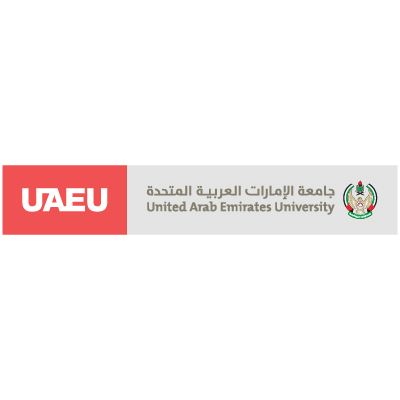How enhanced legal frameworks can help tackle the refugee crisis

Sponsored by

Sponsored by

Research from UAEU argues that granting access to employment and schools for displaced people can complement the humanitarian case for offering safety and shelter
The global refugee crisis is one of the defining issues of our time. According to the United Nations High Commissioner for Refugees (UNHCR), at least 79.5 million people – 1 per cent of the world’s population – were forcibly displaced by the end of 2019.
The UNHCR figures are sobering. Conflict in Syria has displaced 6.6 million, the economic crisis in Venezuela 3.7 million, while 2.7 million have fled Afghanistan. With crises of such magnitude, numbers make the news, but they obfuscate the issues on the ground.
Jinan Bastaki, assistant professor of international law at UAEU, believes that it is vital to look past the numbers to tell a more human story and find workable solutions. Her research involves building legal pathways that will secure refugees’ rights, enabling them to settle in a host country and have the opportunity to continue their lives. She approaches this from a legal standpoint, accruing data and building insights, but there is an inherently moral urgency to her refugee advocacy, too. Often, Dr Bastaki must reiterate the moral case for refugee settlement, countering narratives that cite security concerns or issues over integration. “It is about people who, if they go back home, will most definitely or are very, very likely to be persecuted, killed, tortured, and so on,” she says.
While data support the economic case for helping refugees, Dr Bastaki argues that it is first a question of a state’s responsibility. “There are so many things that can happen to these people so the primary driver should be a sense of humanity.”
Many nations will offer financial or medical aid. They might even offer refuge, too, but getting nations to commit to a legal framework is one of the biggest difficulties refugee advocates face. It becomes a question of building political capital and applying pressure in the right places to change the political conversation surrounding the refugee crisis and in turn facilitate measured change via policies designed to support refugee rights, and ultimately nation states towards accepting legal responsibility for refugee welfare. “The biggest issue with having a legal compact is the fact that, while we can talk about states as an abstract notion, they are made up of people, governments,” she says. “While people do want to help, it is very different to say that one is legally obligated to offer access to territory, which makes states hesitate to commit. We find that, in different periods and different times, this acceptance depends on who the refugees are. Sometimes, if it is seen that the refugees are more ‘culturally compatible’, there seems to be more acceptance. There are many people from Syria in the UAE on work visas, but given the current economic situation, the question is, what happens when you lose your work visa? The UAE has upheld the principle of non-refoulement and will not send people back to Syria: in addition, it has created an amnesty visa for people from war-torn countries that de facto refugees can apply for within a certain time period. But there are those who fall into the legal gaps, and find themselves in limbo. This is why the UNHCR’s Global Compact for Refugees framework has much potential in places like the UAE, where there is willingness to engage with alternative pathways and solutions.”
The media can be a powerful ally but Dr Bastaki says that the images we see of refugees in makeshift camps – people at their most desperate – do not necessarily help potential host communities see refugees as regular people who just happen to be displaced. She believes that it is vital that people realise that they, too, could be in similar circumstances. “Nobody is immune,” she says. “Wars, natural disasters…Nobody is.”
Because many refugees retain the hope that they will return to their home country, Dr Bastaki says that a pathway to citizenship is not necessarily the ultimate goal. But what is crucial is securing support and legally enshrined rights that guarantee refugees are safe from deportation, and allow them the same access to employment and schools as citizens. “Most of the Gulf countries, with the exception of Saudi Arabia, rely on expatriates,” says Dr Bastaki. “To attract more people [to the UAE], there has been a push for a more robust system that protects workers’ rights, from people not getting paid or getting abused.” With this expansion of rights, Dr Bastaki is quietly optimistic that change is possible, and that refugees could stand to benefit. “As with most things, there is room for improvement, but it is definitely on the right trajectory,” she says. “It is moving forward.”
Read the blog “The GCR and Expanding Access to Third-Country Solutions”, published by the School of Advanced Studies, University of London, to find out more about UAEU’s work on refugee law.
Learn more about UAEU.
